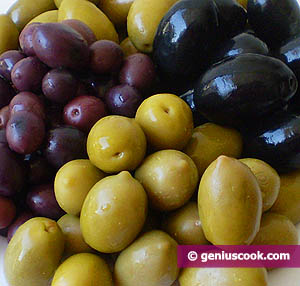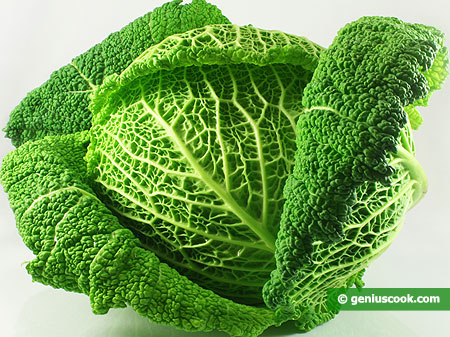Pineapple
 The pineapple is a fruit of a tropical shrub. The plant is native to Central and South America. The pineapple is rich in vitamins A and C. It is easily digested and improves proteins uptake.
The pineapple is a fruit of a tropical shrub. The plant is native to Central and South America. The pineapple is rich in vitamins A and C. It is easily digested and improves proteins uptake.
That’s why it is good to eat the pineapple after you have a hearty meal. The pineapple promotes healthy digestion due to its bromelain content.
The bromelain is found only in fresh pineapples. Canned pineapples don’t have the bromelain as the heat treatment destroys it. 100 g of pineapple supplies about 50 kcal. The pineapple is also a good diuretic. The latest studies reveal that the pineapple contains anticarcinogenic agents.
Other Health Benefits of Pineapple
What’s more, this tropical fruit may help prevent blood clots and marble bone disease. Most people believe that the pineapple is able to burn fats in our body. Recent scientific findings, however, show that while the pineapple does prevent new fat deposits, it has a little effect on reducing already existing body fat. Nevertheless, fresh pineapple is very healthy and low calorie fruit that can your still hunger.
Useful Substances of Pineapple
- Also, pineapple contains the following substances:
- Citric and oxalic acids.
- Amino acids.
- Calcium, iodine, magnesium, potassium and iron.
- Proteins and carotenoids.
- The B vitamins, provitamin A and vitamin C.
Note: Eating the pineapple at meal intervals is a way to get little calories and satisfy hunger. This can help you eat less for lunch and dinner.







